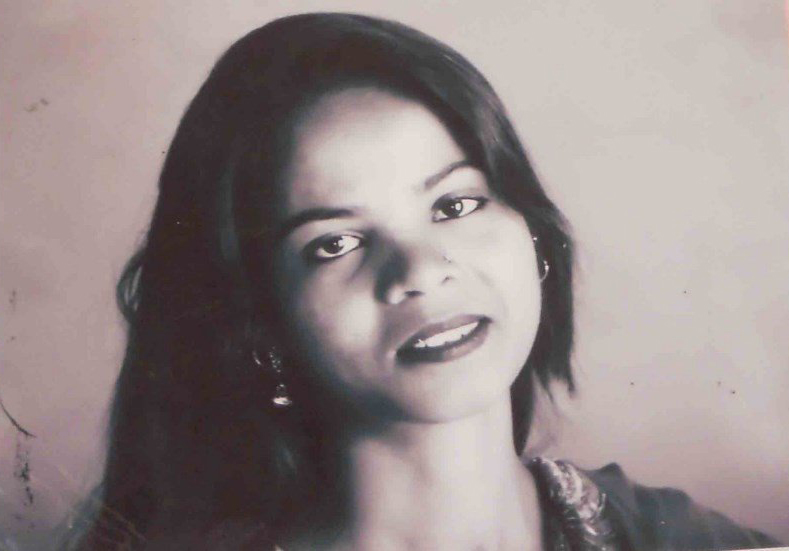
Oct 12, 2016 | News
In a briefing paper released today, the ICJ provides answers to key questions regarding the blasphemy case against Asia Noreen (Asia bibi), a 45-year old Christian woman convicted and sentenced to death for “defaming the Prophet Muhammad” in 2010.
Tomorrow, on Thursday 13 October 2016, the Supreme Court of Pakistan is scheduled to hear Asia bibi’s appeal challenging her conviction and death sentence for blasphemy.
The Lahore High Court had upheld her conviction and sentence in October 2014.
“Asia bibi has been on death row for six years under a bad law that has been improperly applied,” said Sam Zarifi, ICJ’s Asia Director.
“The Supreme Court has previously held that people accused of blasphemy in Pakistan ‘suffer beyond proportion or repair’– Asia bibi’s case is an illustration of that injustice and suffering,” he added.
If the Supreme Court upholds her conviction, Asia bibi will be at the risk of execution, with only limited options of filing for a review of the judgment and making a mercy petition to the President of Pakistan.
The Supreme Court has so far not upheld any convictions for blasphemy under section 295-C of the Penal Code (defamation of the Prophet Muhammad).
The briefing paper explains the allegations against Asia bibi and assesses the violations of Pakistani and international fair trial standards during her blasphemy trial and high court appeal.
“This is the first blasphemy appeal being heard by the Supreme Court since 2002,” Zarifi said.
“All eyes are on the Court to see if it will provide justice to Asia bibi, and whether it will try to clean up some of the manifest injustices of the blasphemy law and how it’s being applied today,” he addedd.
The ICJ opposes laws that criminalize the exercise of freedom of expression as protected by international law and standards, including in relation to religion, and opposes capital punishment in all circumstances.
The death penalty constitutes a violation of the right to life and the right not to be subjected to cruel, inhuman or degrading punishment.
Contact:
Sam Zarifi, ICJ Asia Pacific Regional Director (Bangkok), t: +66 807819002; e: sam.zarifi(a)icj.org
Reema Omer, ICJ International Legal Adviser for Pakistan (London), t: +44 7889565691; e: reema.omer(a)icj.org
Additional Information:
In November last year, the ICJ published a report documenting in detail systematic and widespread violations of the right to a fair trial in proceedings related to blasphemy offences in Pakistan, particularly in trial courts. The report confirmed concerns raised by the Supreme Court of Pakistan that individuals accused of blasphemy ‘suffer beyond proportion or repair’ in the absence of adequate safeguards.
The ICJ also made a number of recommendations to the Pakistani executive, legislative and judicial branches to address violations caused by application of the blasphemy laws, whether due to the legislative provisions themselves or at the investigative, prosecutorial, procedural, administrative and judicial levels highlighted in the report, including to ensure that those accused of blasphemy have a fair chance at defending themselves.
pakistan-asia-bibi-qa-advocacy-2016-eng (full Q & A, in PDF)
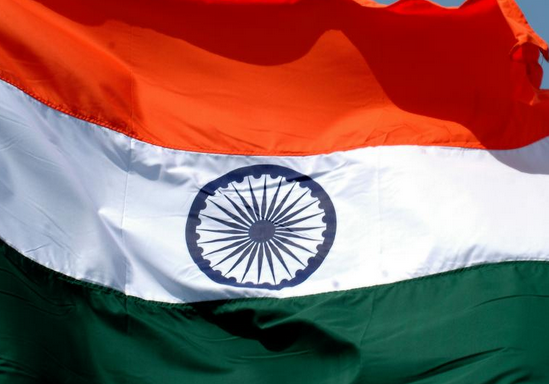
Sep 16, 2016 | Advocacy, Non-legal submissions
On 16 September 2016, the ICJ made a submission to the Universal Periodic Review of India.
The submission brings to the attention of the members of the Human Rights Council’s Working Group on the UPR issues concerning:
- discrimination and violence based on sexual orientation and gender identity;
- death penalty;
- impunity and accountability;
- freedom of speech, expression and association;
- ratification and implementation of international human rights instruments.
india-icj-upr-submission-advocay-non-legal-submission-2016-eng (full text in PDF)
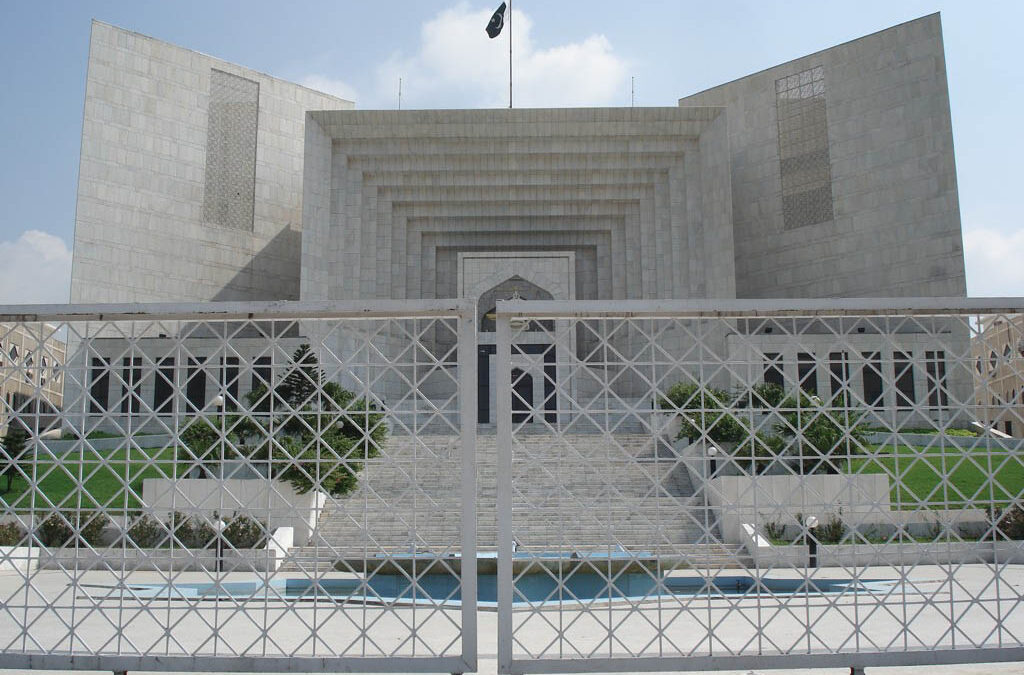
Aug 29, 2016 | News
Pakistan’s Supreme Court’s rejection of petitions by families of 16 people sentenced to death who complained of unfair trials in the country’s military courts seriously set back respect for human rights and the rule of law, the ICJ said today.
“The Supreme Court failed to use an important opportunity to show that human rights protect all people, including those who are accused of terrorist acts or other heinous crimes,” said Sam Zarifi, ICJ’s Asia Director. “Pakistan’s very serious problem with terrorism can only be addressed with more respect for human rights and the rule of law, not less, and certainly not through deeply flawed military tribunals that provide neither justice nor truth.”
Families of sixteen civilians sentenced to death by military courts in secret proceedings challenged their convictions and sentences in the Supreme Court on fair trial grounds. In its 182-page judgment, a five-member bench Supreme Court headed by Chief Justice Anwar Zaheer Jamali held the petitioners had failed to prove the military violated their constitutional right to a fair trial. At convicts are now at imminent risk of execution.
The ICJ is calling on the government of Pakistan to desist from executing these or other convicts, and to reinstate a moratorium on the death penalty it held from 2008 to 2014.
“Trial of civilian suspects in military courts is anathema to human rights and international standards are clear that military courts should only have jurisdiction over military officers for military offences,” said Zarifi. “Pakistan’s military tribunals in particular offer nothing like a fair trial and should be immediately dismantled.”
As highlighted by the ICJ in a briefing paper released in June, proceedings before Pakistani military courts fall well short of national and international standards requiring fair trials before independent and impartial courts: judges are part of the executive branch of the State and continue to be subjected to military command; the right to appeal to civilian courts is not available; the right to a public hearing is not guaranteed; and a duly reasoned, written judgment, including the essential findings, evidence and legal reasoning, is denied. In addition, the procedures of military courts, the selection of cases to be referred to them, the location and timing of trial, and details about the alleged offences are kept secret.
“The ICJ supports the pursuit of justice for all victims of terrorism in Pakistan,” added Zarifi. “However, justice will not be done by subverting the foundational pillar of justice: the right to a fair trial for all suspects –regardless of how serious the offence.”
Since January 2015, when Pakistan empowered military courts to try civilians for terrorism-related offences, 11 military courts have been constituted to hear cases related to terrorism.
These 11 military courts have thus far concluded the trials of 128 people, finding the defendants guilty in 104 cases. A hundred people have been sentenced to death and four have been given life sentences. At least 12 people have been hanged after trials that are grossly unfair.
The ICJ has called on the Pakistan government to roll back the system of “military injustice”, and ensure that all terrorism suspects are guaranteed basic fair trial protections.
The ICJ has also urged that Pakistan reinstate a moratorium on executions with a view to abolishing the death penalty in law and practice, reflecting the call of an overwhelming majority of States in repeated UN General Assembly resolutions. The ICJ considers the death penalty to constitute a denial of the right to life and a from of cruel, inhuman and degrading punishment.
Contact:
Sam Zarifi, ICJ Asia Pacific Regional Director (Bangkok), t: +66 807819002; e: sam.zarifi(a)icj.org
Reema Omer, ICJ International Legal Adviser for Pakistan (Lahore), t: +923214968434; e: reema.omer(a)icj.org
Additional information
In January 2015, Pakistan empowered military courts to try civilians for terrorism-related offences as part of its 20-point “National Action Plan”, adopted by the Government following the horrific attack on the Army Public School in Peshawar.
The expansion of military jurisdiction over civilians was accomplished through the 21st Amendment to Pakistan’s Constitution and amendments to the Army Act, 1952. These amendments allow military courts to try offences related to “terrorism” committed by those who claim to, or are known to, belong to a terrorist organization “using the name of religion or a sect”.
Both amendments are set to expire on 6 January 2017 pursuant to a “sunset clause”, after which they will cease to be in effect, although there is a risk that they could be renewed.
In August 2015, the Pakistani Supreme Court upheld the constitutionality of the 21st amendment and the trial of civilians by military courts for terrorism-related offences.
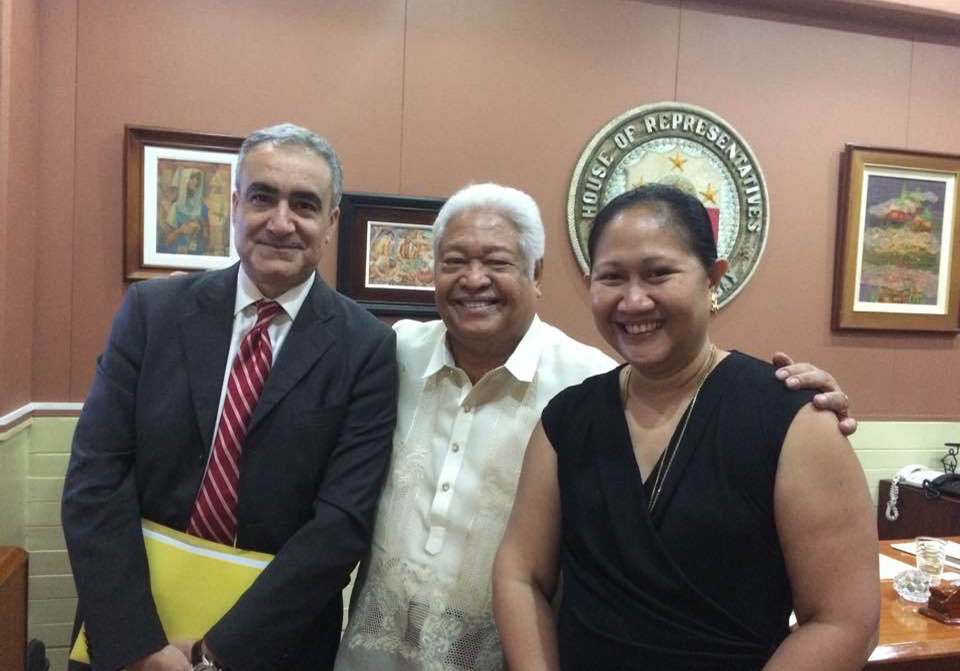
Aug 11, 2016 | News
The ICJ today urged President Duterte to respect the judiciary’s institutional independence and allow it to conduct its work, particularly in disciplining its own judges, without external influence or undue interference.
This week, President Duterte publicly released a list of public officers, including judges, who are allegedly involved in the illegal drugs trade. In response, on 9 August 2016, Chief Justice Maria Lourdes Sereno wrote to President Duterte noting that it is the responsibility of the judicial branch to discipline judges.
In her letter, the Chief Justice also stated that the disciplining of judges should be done without compromising the independence of the judiciary.
In response, President Duterte warned Chief Justice Sereno not to set off a “constitutional crisis”, saying that he may “order” the executive department not to “honor” the judiciary.
According to the UN Basic Principles on the Independence of the Judiciary and the UN Special Rapporteur on the independence of judges and lawyers, the body responsible for the discipline of judges should be independent of the executive and composed mainly (if not solely) of judges and members of the legal profession.
The ICJ therefore calls for the Supreme Court of the Philippines to be free to establish and employ its established mechanisms to discipline its own judges, in full respect for procedural guarantees.
On a related issue, the ICJ is now in the Philippines to speak to lawmakers regarding a proposal to re-introduce the death penalty and its concerns regarding the recent spate of extrajudicial killings in the country.
The organization has previously written to President Duterte regarding its concerns on the proposal to re-introduce the death penalty and the rising number of deaths of people who are alleged to be involved in the illegal drug trade.
“The proposed reintroduction of the death penalty, the spate of extrajudicial killings, and the fervor currently exhibited by President Duterte in going after allegedly corrupt members of the judiciary are directly linked to his zeal to address a perceived widespread drug menace in the country,” said Sam Zarifi, ICJ’s Regional Director for Asia and the Pacific.
The ICJ strongly urges President Duterte to focus his efforts in strengthening key institutions such as the judiciary so that they can be strong allies in his efforts to address crime in the country.
Contact:
Emerlynne Gil, ICJ’s Senior International Legal Adviser, t +66 840923575 ; e: emerlynne.gil(a)icj.org
Picture: Sam Zarifi and Emerlynne Gil with Congressman Edcel Lagman (in the center), the main proponent of the law that abolished the death penalty in the Philippines in the past. He is now leading the charge in the House of Representative to try to defeat the proposal to reimpose the death penalty.
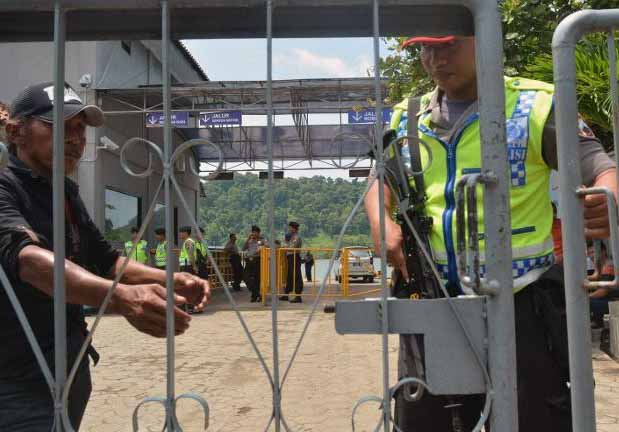
Jul 29, 2016 | News
The ICJ condemns the executions of four persons in Indonesia. The ICJ vigorously calls on the Government of Indonesia to impose an immediate moratorium and take steps towards the abolition of the death penalty in the country.
“The execution of these four persons is reprehensible. Indonesia should stop further executions,” said Sam Zarifi, ICJ’s Regional Director for Asia and the Pacific.
“These executions damage Indonesia’s standing in the international community since they go against the growing international consensus around the world to abolish the death penalty,” he added.
The individuals executed shortly after midnight today were Freddy Budiman (Indonesia), Seck Osmane (Nigeria), Michael Titus Igweh (Nigeria), Humphrey Jefferson Ejike Eleweke (Nigeria).
Indonesia is a current member of the United Nations Human Rights Council, having been first elected in 2006.
The General Assembly resolution that created the Council specifically provides that “members elected to the Council shall uphold the highest standards in the promotion and protection of human rights” (res 60/251, 2006, para 9).
According to the ICJ, one of the persons executed – Michael Igweh – was allegedly tortured by law enforcement authorities to extract his confession.
The Geneva-based organization, on several occasions, has called the Government of Indonesia’s attention to its violations of Article 14 of the International Covenant on Civil and Political Rights (ICCPR), which guarantees the right to a fair and public hearing by a competent, independent, and impartial tribunal established by law. Any reliance on confessions extracted by torture would be a gross violation of the fairness of the trials.
“Because of the irreversible nature of the death penalty, trials in capital cases must scrupulously respect all international and regional standards protecting the right to a fair trial,” Zarifi further said.
The ICJ opposes capital punishment without exception and emphasizes the impact of the executions on the families of those who were executed.
The four persons executed were on a list of 14 people set to be executed soon. The other individuals are: Merri Utami (Indonesia), Zulfiqar Ali (Pakistan), Gurdip Singh (India), Frederick Luttar (Zimbabwe), Agus Hadi (Indonesia), Pujo Lestari (Indonesia), Eugene Ape (Nigeria), Okonkwo Nonso Kingsley (Nigeria), Ozias Sibanda (Nigeria) and Obinna Nwajagu (Nigeria).
The ICJ strongly urges the Government of Indonesia to stop any further executions, immediately impose a moratorium, and take steps towards the abolition of the death penalty.
In December 2014, the UN General Assembly adopted resolution 69/189, affirming for the fifth time that the use of the death penalty undermines human dignity and calling for countries that still maintain capital punishment to establish a moratorium on its use with a view to its abolition.
Contact
Emerlynne Gil, Senior International Legal Adviser of the ICJ, t: +66 840923575 ; e: emerlynne.gil(a)icj.org









